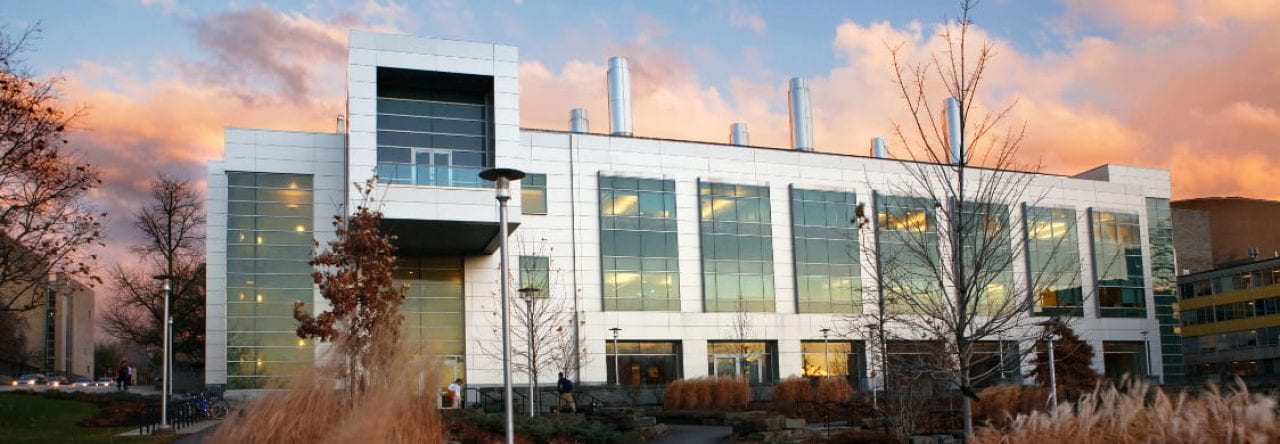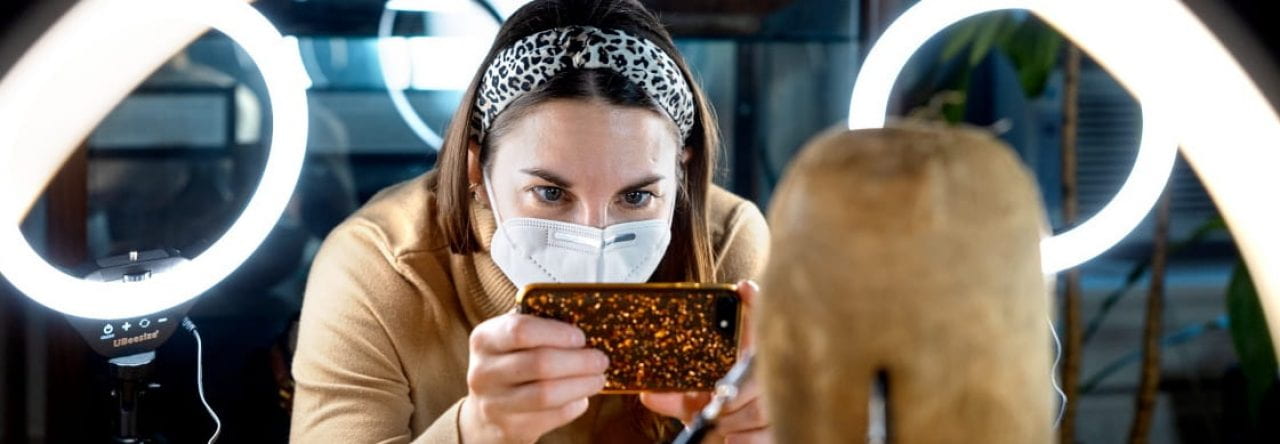Lara A. Estroff
Director of Materials Science and Engineering
Professor
Materials Science and Engineering
Biography
Lara A. Estroff received her B.A. with honors from Swarthmore College (1997), with a major in Chemistry and a minor in Anthropology. Before beginning her graduate studies, she spent a year at the Weizmann Institute of Science in Rehovot, Israel as a visiting researcher in the labs of Profs Lia Addadi and Steve Weiner. During this time, she was introduced to the field of biomineralization and studied chemical approaches to archeological problems. In 2003, she received her Ph.D. in Chemistry from Yale University for work done in Prof. Andrew D. Hamilton’s laboratory on the design and synthesis of bio-inspired organic superstructures to control the growth of inorganic crystals. After completing graduate school, she was an NIH-funded postdoctoral fellow in Prof. George M. Whiteside’s laboratory at Harvard University (2003-2005). Since 2005, Dr. Estroff has been in Materials Science and Engineering department at Cornell University and in 2019 she was promoted to Full Professor. She served as the Director of Graduate Studies in the department from 2015-2019. As of August 2020, she is the current Chair of the Materials Science and Engineering department. Her group focuses on bio-inspired materials synthesis, crystal growth mechanisms, and the high-resolution characterization of pathological mineralization. She has received several awards, including an NSF Early Faculty Career Award in 2009 and a J.D. Watson Young Investigator’s award from NYSTAR in 2006.
Research Interests
The diversity of biomineralized structures, ranging from magnetic nanoparticles in bacteria to large, single-crystalline sea urchin spines to the hierarchical composite structure of bone, has inspired the study of structure-function relationships within naturally occurring materials, and the development of synthetic routes to organic-inorganic composites with complex morphologies and desirable materials properties. Central to the study of biomineralization, and still poorly understood, are the multiple crystallization pathways by which the organisms control the structures and properties of the final products. Once these pathways are understood, they become synthetically powerful for designing new materials and developing low-cost, solution-based approaches to functional materials. In addition to normal, physiological biomineralization, a related field is the study of pathlogical mineralization, i.e., conditions in which the normal pathways have become disrupted. Here too, unraveling the crystallization pathways is essential to aid in the discovery of diagnostic and therapeutic approaches for treating diseases linked with pathological mineralization. Dr. Estroff has established a robust research program to tackle these open questions at both a fundamental and applied level.
Dr. Estroff’s research is rooted in the fundamental study of solution crystal growth mechanisms, with applications in fields ranging from biomineralization and pathological mineralization to synthetic bio-inspired crystalline materials. Within these larger fields, Dr. Estroff has concentrated her research efforts in 4 general areas: 1) state-of-the-art materials characterization (e.g., chemical, structural, mechanical, etc.) of physiological and pathological biominerals; 2) in situ evaluation of crystal growth mechanisms in materials ranging from the biologically relevant calcite to the emerging photovoltaic material, hybrid organic-inorganic perovskites; 3) the development of bio-inspired synthetic strategies (e.g., confinement, patterned growth, organic templates) to create new crystalline materials with complex morphologies, compositions, and properties; and 4) the design of in vitro models of cell-mineral interactions and tissue engineered constructs that recapitulate key features of biomineralization.
- Polymers and Soft Matter
- Mechanics of Biological Materials
- Biomedical Imaging and Instrumentation
- Biomedical Engineering
- Bioengineering
- Tissue Engineering and Biomaterials
- Biomechanics and Mechanobiology
Teaching Interests
Materials Chemistry, biomaterials, biomineralization, biomedical materials
Selected Publications
- Palin, D., Style, R.W., Zlopasa, J., Petrozzini, J.J., Pfeifer, M.A., Jonkers, H.M., Dufresne, E.R., Estroff, L.A.* “Forming Anisotropic Crystal Composites: Assessing the Mechanical Translation of Gel Network Anisotropy to Calcite Crystal Form”, J. Am. Chem. Soc., 2021, 143, 3439-3447.
- Vidavsky, N.*,#, Kunitake, JAMR#, Estroff, L.A.* “Multiple Pathways for Pathological Calcification in the Human Body” Adv Healthcare Mater. 2020, 2001271.
- Ortoll-Bloch, A.G.#; Herbol, H.C.#; Sorenson, B.; Poloczek, M.; Estroff, L.A.*; Clancy, P.*, “Bypassing Solid-State Intermediates by Solvent Engineering the Crystallization Pathway in Hybrid Organic-Inorganic Perovskites” Cryst. Grow. Des., 2020, 20, 1162-1171.
- Boys, A.J., Kunitake, J.A.M.R., Henak, C., Cohen, I., Estroff, L.A.*, Bonassar, L.J.* “Understanding the Stiff-to-compliant Transition of the Meniscal Attachments by Spatial Registration of Raman Microscopy and Confocal Elastography” ACS Appl. Mater. Interfaces, 2019, 11, 26559-26570.
- Hendley, C.T., Fielding, L.A., Jones, E.R., Ryan, A., Armes, S.P., Estroff, L.A.*“Mechanistic Insights Into Diblock Copolymer Nanoparticle-Crystal Interactions Revealed Via In Situ Atomic Force Microscopy” J. Am. Chem. Soc., 2018, 140, 7936-7945.
Selected Awards and Honors
- Lawrence Berkeley National Lab Affiliate2013
- Keynote Speaker(Gordon Research Seminar on Biomineralization)2012
- Marilyn Emmons Williams Award(Cornell Undergraduate Research Board)2009
- Faculty Early CAREER Award(National Science Foundation)2009
- Fiona Ip Li “78 & Donald Li “75 Excellence in Teaching Award(College of Engineering, Cornell University)2007
Education
- B.A.(Chemistry),Swarthmore College,1997
- Ph.D.(Chemistry),Yale University,2003





